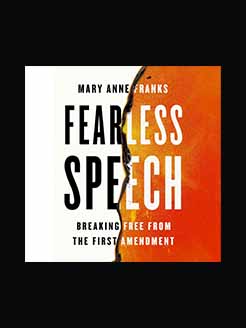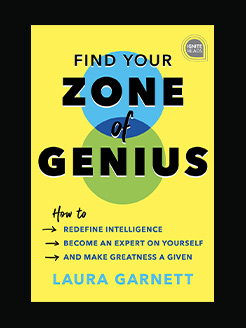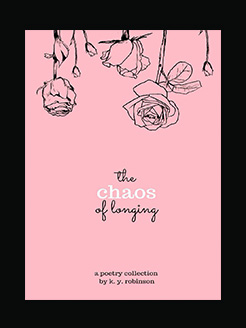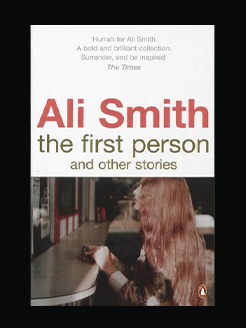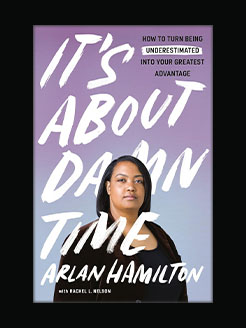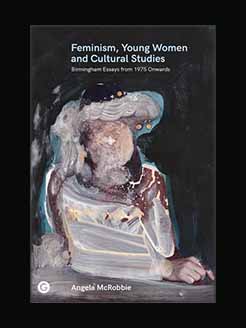Published in 2025
445 pages
12 hours and 34 minutes
Lili Anolik is a contributing editor at Vanity Fair. Her work has also appeared in Harper’s, Esquire, and The Paris Review. She’s written Hollywood’s Eve and created the podcast Once Upon a Time… at Bennington College. She lives in New York City with her husband and two sons.
What is this book about?
Joan Didion is revealed at last in this outrageously provocative and profoundly moving new work “that reads like a propulsive novel” (Oprah Daily) on the mutual attractions—and mutual antagonisms—of Didion and her fellow literary titan, Eve Babitz.
Could you write what you write if you weren’t so tiny, Joan? —Eve Babitz, in a letter to Joan Didion, 1972
Joan Didion, revealed at last…
Eve Babitz died on December 17, 2021. Found in the wrack, ruin, and filth of her apartment, a stack of boxes packed by her mother decades before. The boxes were pristine, the seals of duct tape unbroken. Inside, a lost world. This world turned for a certain number of years in the late sixties and early seventies, and centered on a two-story rental in a down-at-heel section of Hollywood. 7406 Franklin Avenue, a combination salon-hotbed-living end where writers and artists mixed with movie stars, rock ’n’ rollers, and drug trash.
7406 Franklin Avenue was the making of one great American writer: Joan Didion, a mystery behind her dark glasses and cool expression; an enigma inside her storied marriage to John Gregory Dunne, their union as tortured as it was enduring. 7406 Franklin Avenue was the breaking and then the remaking—and thus the true making—of another great American writer: Eve Babitz, goddaughter of Igor Stravinsky, nude of Marcel Duchamp, consort of Jim Morrison (among many, many others), a woman who burned so hot she finally almost burned herself alive. Didion and Babitz formed a complicated alliance, a friendship that went bad, amity turning to enmity.
Didion, in spite of her confessional style, is so little known or understood. She’s remained opaque, elusive. Until now.
With deftness and skill, journalist Lili Anolik uses Babitz, Babitz’s brilliance of observation, Babitz’s incisive intelligence, and, most of all, Babitz’s diary-like letters—letters found in those sealed boxes, letters so intimate you don’t read them so much as breathe them—as the key to unlocking Didion.
